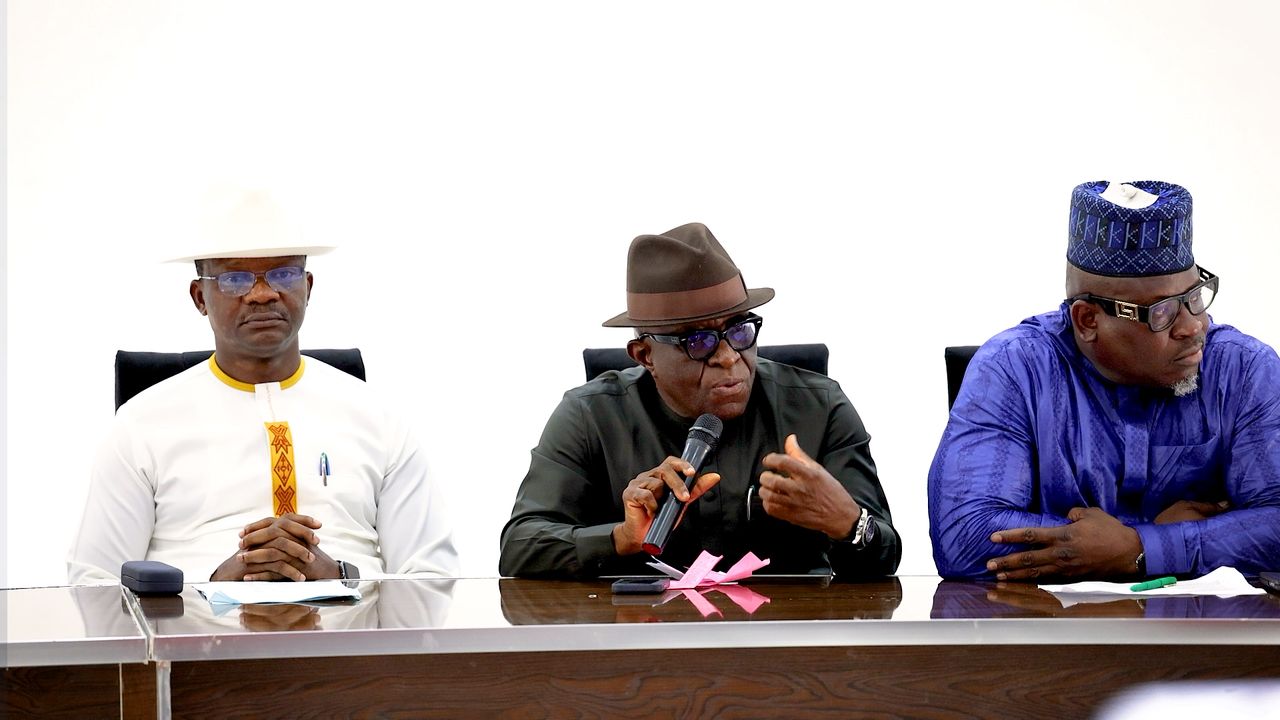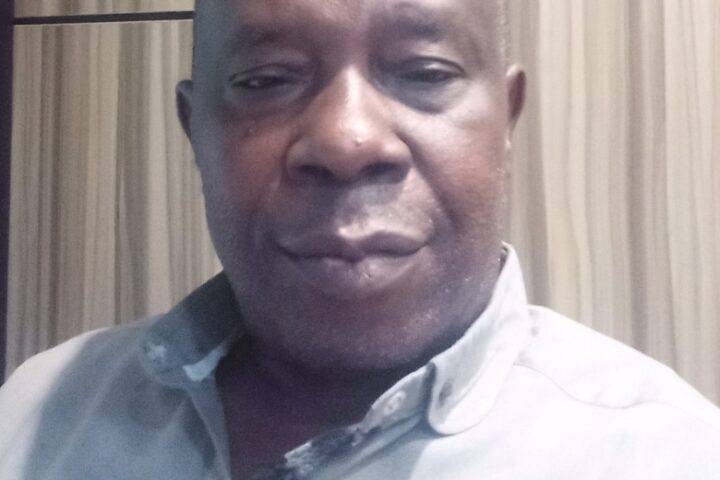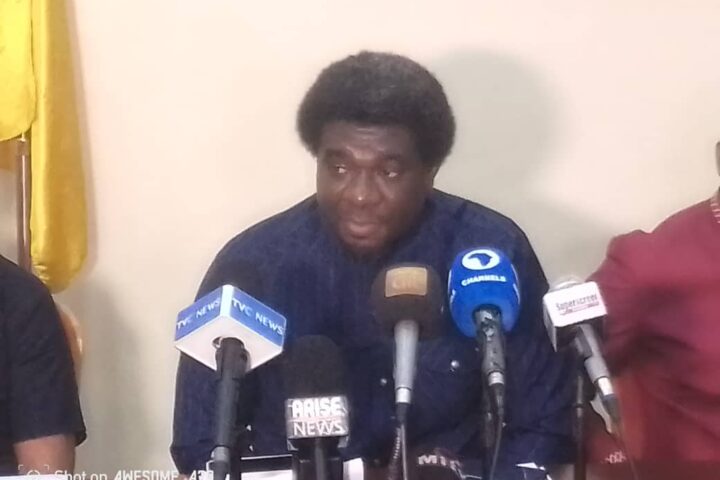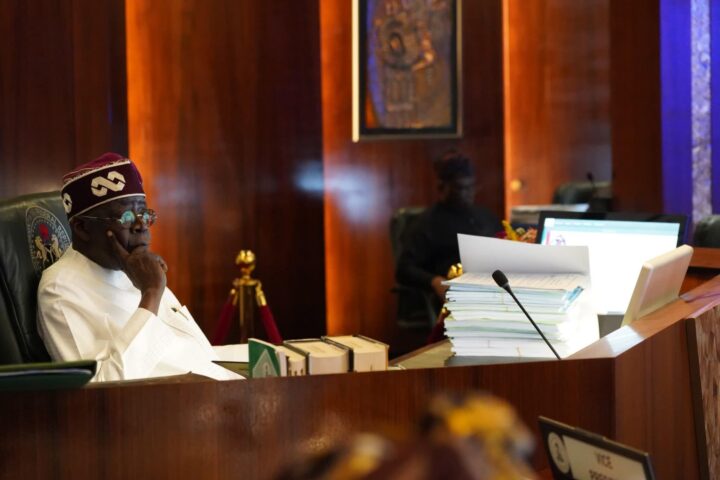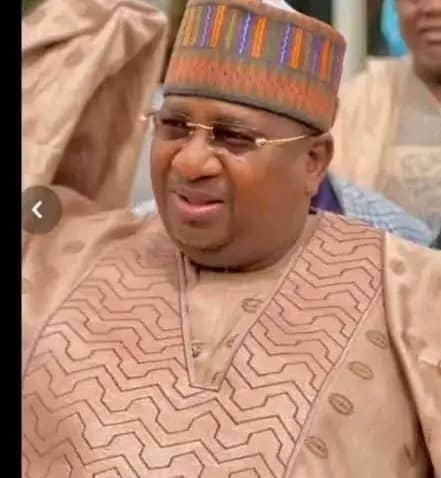Delta State said it taken a bold step toward transforming its electricity sector following the adoption of a decentralized mini-grid model and the establishment of new regulatory bodies to drive a sustainable power market.
At a post-Executive Council (EXCO) press briefing in Asaba, the Commissioner for Economic Planning, Mr. Sonny Ekedayen, explained that the initiative aligns with Governor Sheriff Oborevwori’s MORE Agenda, which prioritizes infrastructure and improved service delivery across the state.
According to him, the Delta State House of Assembly had earlier domesticated the Federal Government’s 2023 Electricity Act, thus providing the legislative foundation for the state to chart its own course in electricity generation, distribution, and regulation.
He said :”Wth the passage of that law, we now have a clear pathway toward providing reliable and steady electricity supply to Deltans at competitive prices. This latest EXCO approval marks another major milestone in our journey.”
According to him, the state government had adopted a mini-grid model that will allow multiple independent operators to provide end-to-end electricity services in various locations across the state.
He explained that the approach differs significantly from the conventional centralized grid, which often leaves entire regions in darkness when there is a failure at a single point in the system.
“With the mini-grid approach, if an outage occurs in one part of the state, it won’t affect other areas. Each operator is responsible for generation, distribution, and supply within their designated zones, which enhances resilience and reliability”, he added
He noted that the model also allows service providers to propose energy solutions based on the most viable energy mix for their area.
Ekedayen emphasized that the entire electricity reform would be privately funded, with the state government providing only the regulatory framework and the enabling environment.
He said: “This is a private sector-driven initiative. Our role is to set the rules, ensure fairness, and create the atmosphere for investment and innovation to thrive.”
To support this framework, the executived approved the establishment of the Delta State Electricity Commission, which will serve as the central regulatory authority.
The Commission will be responsible for issuing licences, monitoring compliance, and mediating between operators and consumers.
Also approved was the establishment of a Rural Electricity Agency, which will focus on delivering electricity to under-served rural communities across the state, ensuring inclusivity and equity in power distribution.
Besides, the state has created the role of a System Operator to oversee the technical coordination of generation and supply processes, and a Market Operator who will track supply data, enforce service standards, and ensure that minimum electricity hours are delivered to homes and businesses.
Ekedayen disclosed that a consultant would also be appointed to help midwife the electricity transition process, providing expert guidance and assisting in the creation of a robust implementation roadmap.
He acknowledged that while electricity market reform was still new territory for many sub-national governments, Delta State remained committed to getting it right. “Only a few states in Nigeria have dared to venture this far,” he said.
He said:“But we are determined to deliver not just electricity, but a system that works, one that creates jobs, supports industry, and improves the quality of life for our people.”
He added that the journey would be deliberate and methodical to avoid costly mistakes, but always with the people’s best interests at the core of every decision.


